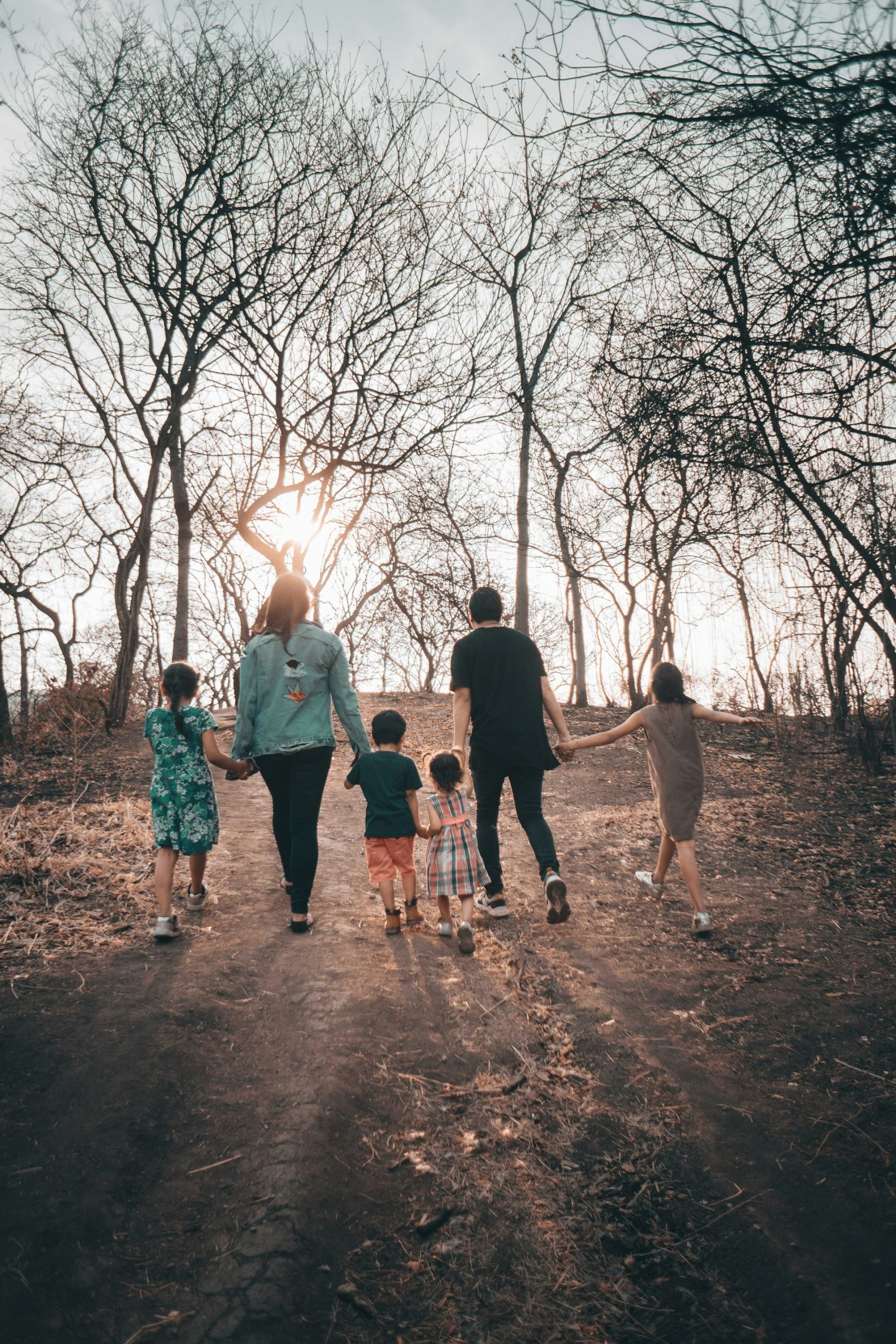By Ashley Barnes, M.S.
About Blended Families.
A blended family, also known as a stepfamily, develops when you and your partner make a life together with the children from one or both of your previous relationships; this can simultaneously be a challenging and rewarding experience as you and your family find a new equilibrium.
According to the Step Family Foundation, nearly 1,300 new stepfamilies form each day and over 50% of families in the United States are recoupled (2023).
Blended Family Challenges.
When families are blended, challenges can arise as differences in parenting, lifestyle, or discipline become apparent, at times becoming a source of frustration for children in the family system. The following are difficulties that many blended families face:
Parental inexperience may pose an issue, as one stepparent may have never been a parent before. Therefore, these parents may have little to no experience supporting children through the various stages of development.
Parental insecurities can also emerge, as a stepparent may feel anxious about how they compare to a child’s biological parents. Stepparents may also feel resentment if a child compares them to one or both of their biological parents. This can lead to the stepparent feeling like an outsider in a family dynamic they are trying hard to integrate into.
On this same note, children can find it difficult to accept a new parent. If children have spent a substantial amount of time in a one-parent home, or still hold hope in reconciling their parents’ relationship, they may be rejecting of the stepparent.
Changes in family relationships can be hard on children. If both of their parents remarry partners with existing families, this means that children suddenly find themselves with different roles in not one, but two blended families. For example, one child may be the youngest in one stepfamily but be the eldest in another. These are completely different roles in a family system. Blending families may also mean that a child loses their uniqueness as the only girl or boy in the family.
Age differences can pose issues in blended families, as the new stepparent may be only a few years older than the eldest child. Further, there may be children with birthdays and important events closer to one another than possible with biological siblings. This can prompt very understandable, big emotions for children in a blended family.
Blending families can also mean changes in family traditions. Most families have different ideas about how annual events like birthdays, family vacations, and holidays should be. Children may feel resentful if they are suddenly forced to go along with someone else’s routines.
Further, planning family events can start to get complicated in blended families, as custody considerations are taken into account. Children may feel frustrated that special events like parties or weekend trips now require complex arrangements to include their new stepsiblings. At times, children may also feel stuck in the middle of their biological parents’ arguments related to custody agreements.
Family Counseling for Blended Families.
Counselors are often Licensed Marriage and Family Therapists (LMFTs) or Licensed Clinical Social Workers (LCSWs) who have undergone extensive training in supporting families navigating conflict. Many of these counselors even specialize in supporting blended families and find a new family system where each family member can feel respected, seen and heard, and thrive.
Counselors will make space for each member of the blended family to share their thoughts, feelings, and emotions related to conflicts in the new family system. They will hold compassion and empathy for each family member as they do so, creating a safe space to air issues. Counselors will also acknowledge the grief that children may be experiencing due to the many changes that are occurring, some big changes being the separation of their biological parents and entering into an entirely new family system.
Through the acknowledgement and acceptance of emotions and lived experiences, the creation of a safe space for each member of the new family system to voice their concerns, and the teaching of new communication skills, blended families can benefit from family counseling.
Though counseling can be beneficial at any point in a family’s timeline, it is ideal to start family counseling proactively, or before a blended family is officially formed. This is because a counselor can support a blended family in addressing challenges before they pose as conflicts, helping a blended family implement open and respectful communication going into the creation of the new blended family.
Let Us Support You and Your Family.
At the Mental Health Center, we work with skilled therapists and counselors who can help you and your family work through blended family conflicts. For more information, feel free to contact our team at (310)601-9999.
Online Resources
Reference
The Stepfamily Foundation Inc. (2023). Stepfamily statistics. https://www.stepfamily.org/stepfamily-statistics.html


